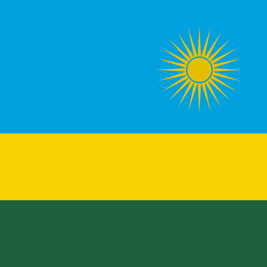Rwanda saw an 11.7% growth in glass bottle usage between 2022 and 2023 as a result of the ban on single use plastic bottles, which was implemented in 2019. The law prohibits the manufacture, importation, use or sale of single-use plastic bottles in Rwanda.
According to Rwanda’s Ministry of Trade and Industry (MINICOM) demand for glass bottles increased from 19,530 tonnes in 2022 to 21,816 tonnes in 2023. It is forecast to increase to 24,179 tonnes in 2027. At present, Rwanda imports glass bottles.
The Ministry of Trade and Industry and Rwanda Development Board expect to secure an investor to manufacture glass bottles by the end of 2024 and are prepared to offer incentives such as reduced electricity costs. The government has estimated that local manufacturing of glass could reduce prices by 30%.
Rwanda is not the only country looking to ban single use plastics. In January 2024, the Nigerian Federal Ministry of Environment and the Lagos State government both announced bans on single-use plastics.
The Federal Ministry of Environment has banned single-use plastics in its own departments and agencies. The Lagos State government has issued a ban on styrofoam containers used for food packaging, giving businesses a three week grace period. On the 27th January 2023, The Abia State government announced its own ban on single-use plastics.
However, none of these bans in Nigeria tackle bottled drinks, a major use of single use plastics. 60% of countries in Africa have various bans on single-use plastics, such as a ban on the use of plastic bags. By 2021, among 54 African states, 34 had passed a law banning plastics. Of those, 16 have totally or partially banned plastic bags.
However, the main issue is compliance and in that regard, Rwanda’s ban is held up as a notable policy success while plastic bag smugglers from Uganda to Kenya and the overall failure of a plastics ban in Malawi are notable failures.










